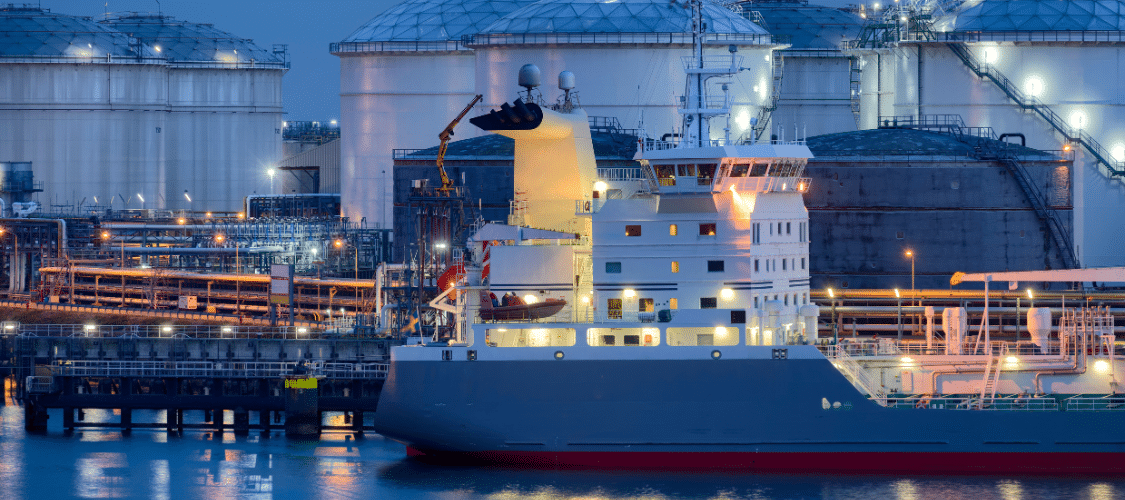Paris, 19 September 2024 – In its Climate Progress Update 2024 published today, ING declared it will stop new corporate financing to oil and gas upstream pure players that keep on developing new oil & gas fields. The Dutch bank also announced the exclusion of project financing to new LNG export terminals from 2026. Reclaim Finance welcomes this move on LNG project financing, at a time when the boom of LNG infrastructures is jeopardizing climate goals. Yet, the measures regarding corporate financing are far too limited and Reclaim Finance urges the bank to go further by excluding corporate finance to all upstream and LNG developers, including diversified companies who are the biggest developers of oil and gas.
ING announced in its new Climate Progress Update (1) that it is ending immediately all new corporate support, including loans and bonds, for companies exclusively active in upstream oil and gas production and that are still developing new oil and gas fields. ING won’t provide new project financing from 2026 for new LNG export terminals.
Some may want to applaud the Dutch bank for moving in the right direction, especially as it has finally acknowledged that the rampant construction of LNG terminals is a problem, something no other major bank has done. But this would be a political mistake and a moral failure. Against a backdrop of record-breaking temperatures and extreme floods impacting people in central Europe and Asia, ING will continue to exacerbate the disruption caused by climate change through its support for fossil fuel developers. More than 70% of upcoming oil and gas production expansion escapes its latest climate commitments.
Lucie Pinson, director of Reclaim Finance
The International Energy Agency’s (IEA) Net Zero Emissions (NZE) scenario (2) has long projected an end to the development of new oil and gas fields, and since 2022 an end to the development of new LNG export terminals to reach net zero. Although ING’s move will take effect in 2026, allowing the bank to directly finance new export terminals until that date, it will be the first major international bank to make such a decision.
ING’s new commitments on LNG export terminals apply to project finance only; the Dutch bank can continue corporate financing to export LNG terminals developers such as Venture Global LNG, the world’s largest LNG developer and one of ING’s main clients (3).
The measures announced by ING regarding corporate finance will only affect upstream oil and gas pure players. It leaves out diversified companies, which account for more than 70% of the short term upstream expansion (4). Only 25 companies could be excluded (5) and large clients of ING, such as Trafigura and Vitol (6), may still be supported by ING, as they are diversified companies active in other parts of the oil and gas value chain. Conversely, BNP Paribas and Crédit Agricole announced in May (7) that they would not be involved in any conventional bonds for all oil and gas producers, which they have already been doing for several months.
The measures announced are of little value in the face of social and climate emergencies. They fall far short of those announced by BNP Paribas and Crédit Agricole who are ending strategic support for companies that refuse to commit to a real exit from fossil fuels. The science is clear – we need to end finance for the development of all new fossil fuel projects. Nothing less will do.
Lucie Pinson, director of Reclaim Finance
ING says that it will assess climate transition plans and ESG of its clients on a case-by-case basis. After two years of unsuccessful engagement (from 2026), possible sanctions may occur against the company, including potentially ending new financing for these companies. But ING fails to make some key specific demands of oil and gas companies, such as a requirement to stop the development of new oil & gas projects and reduce production, as needed to align with the IEA Net Zero Scenario. The lack of transparency and lack of clear escalation strategy makes it impossible to assess the effectiveness of this measure.



